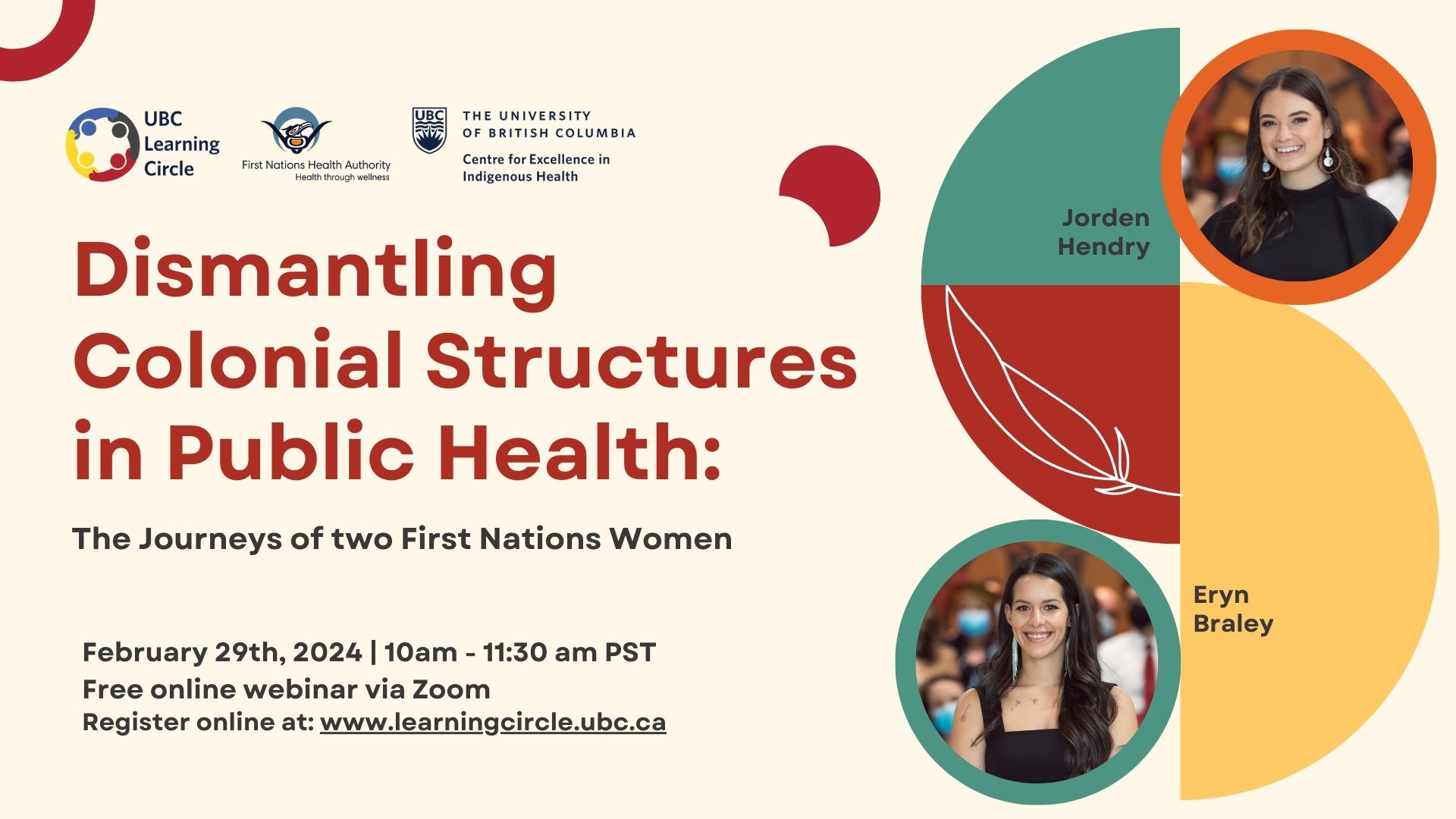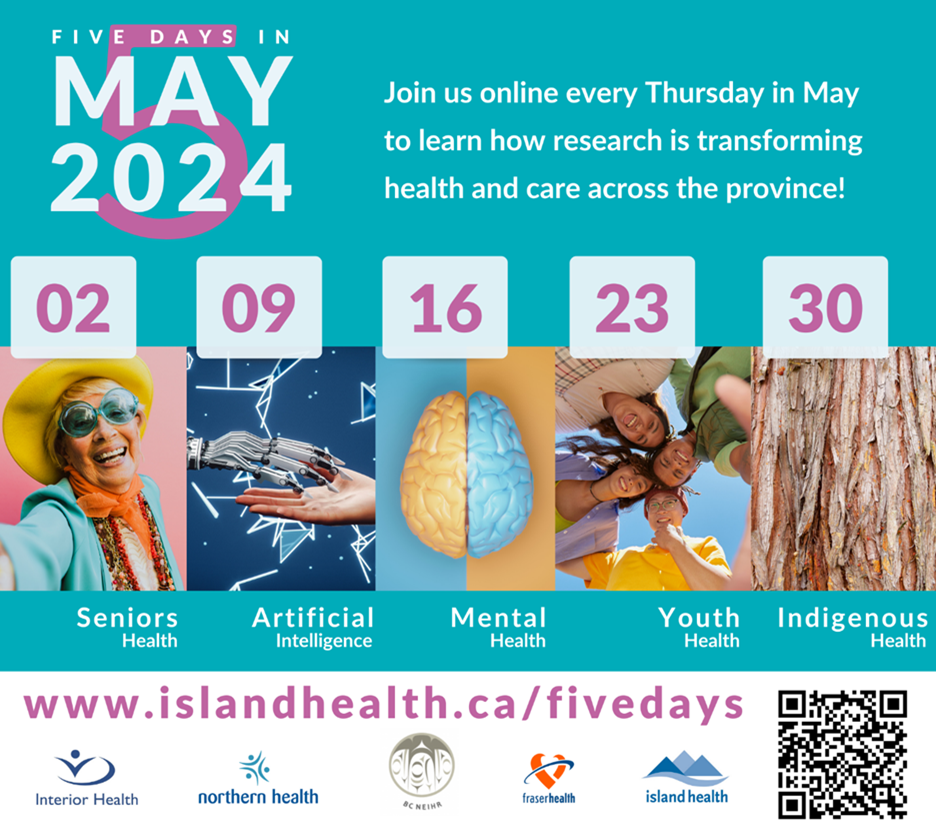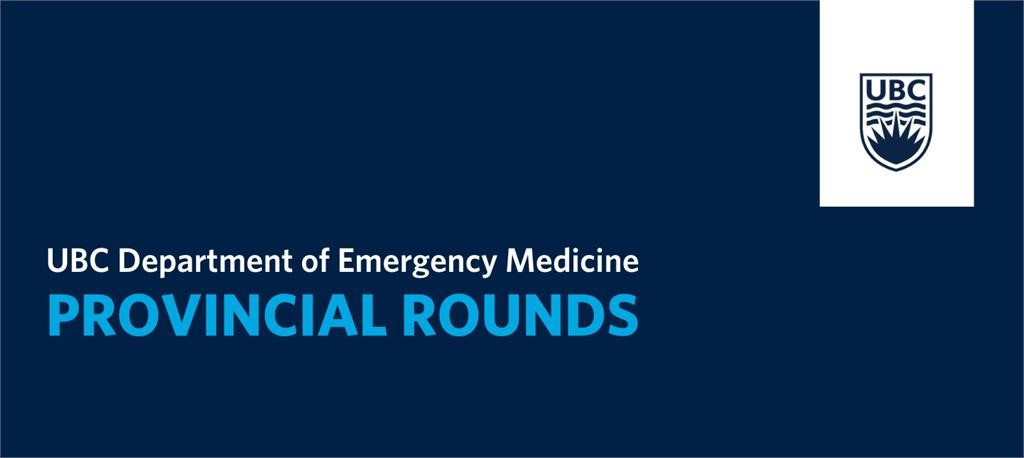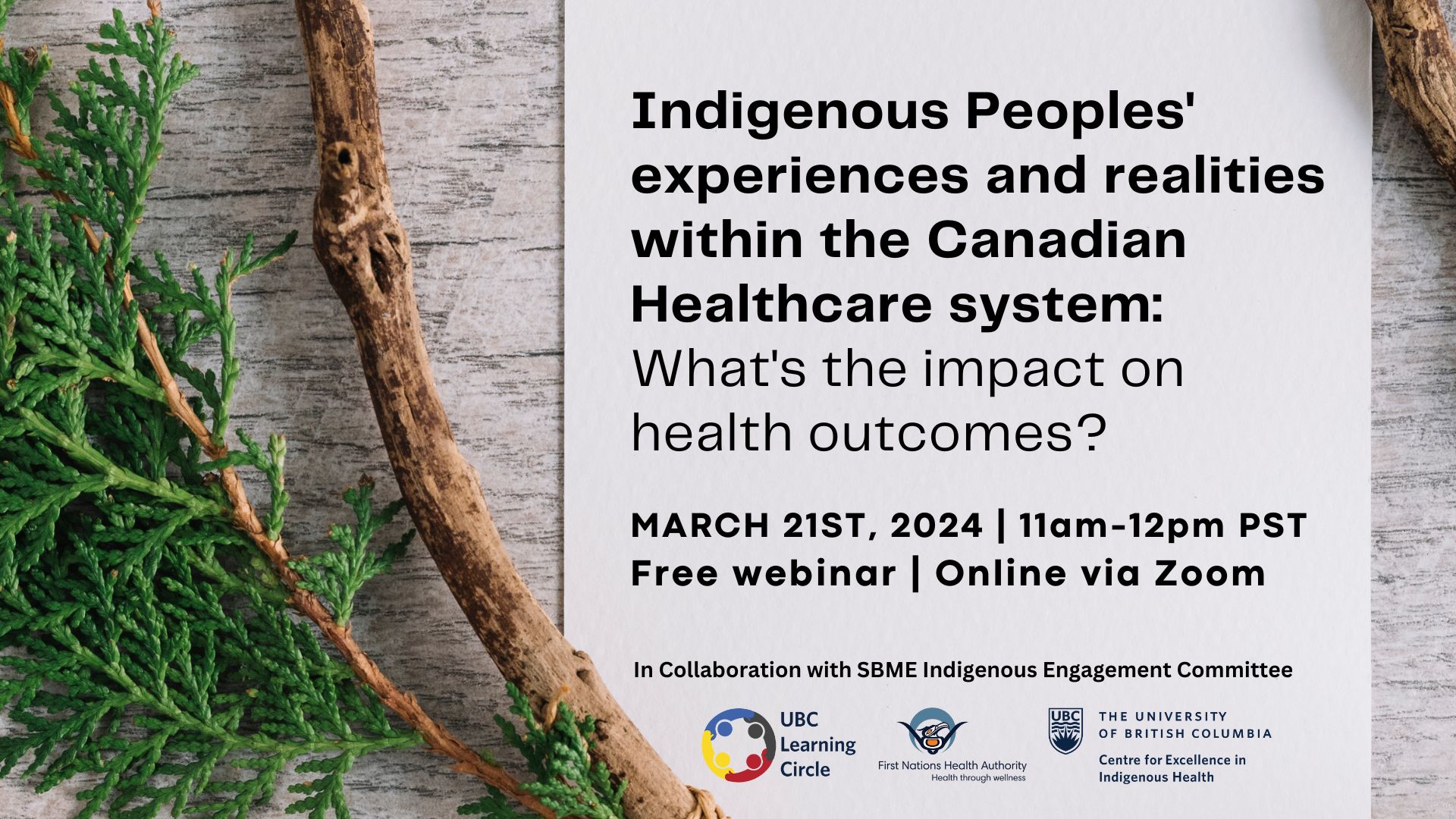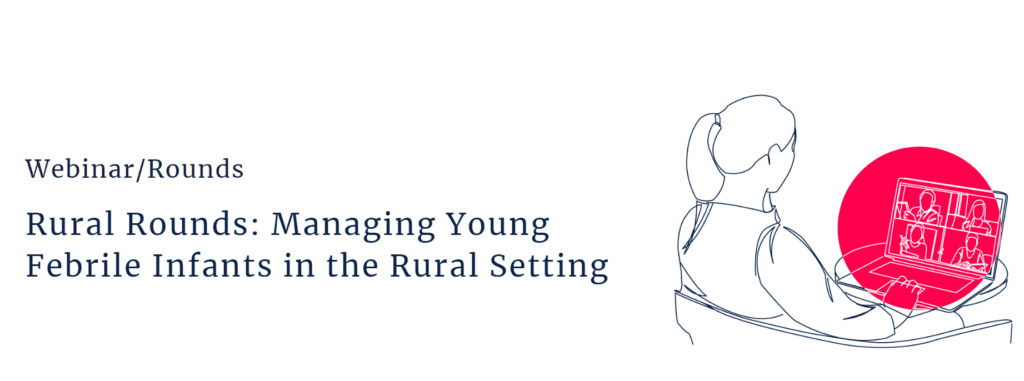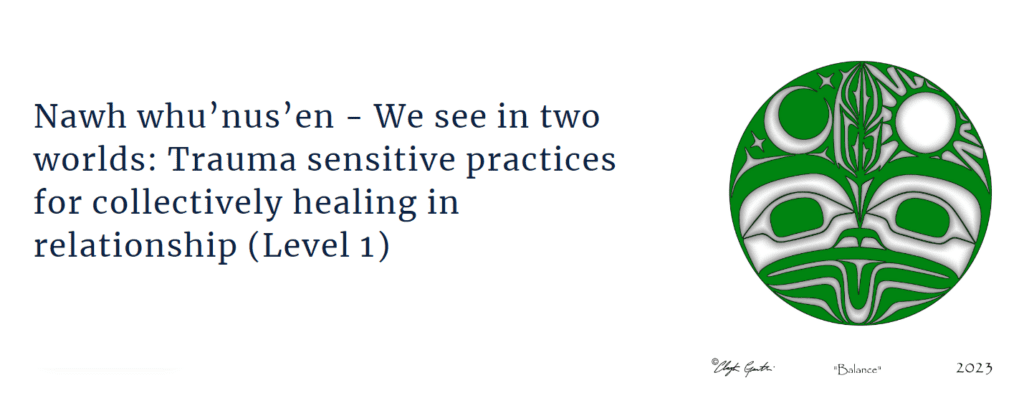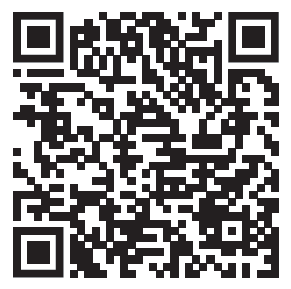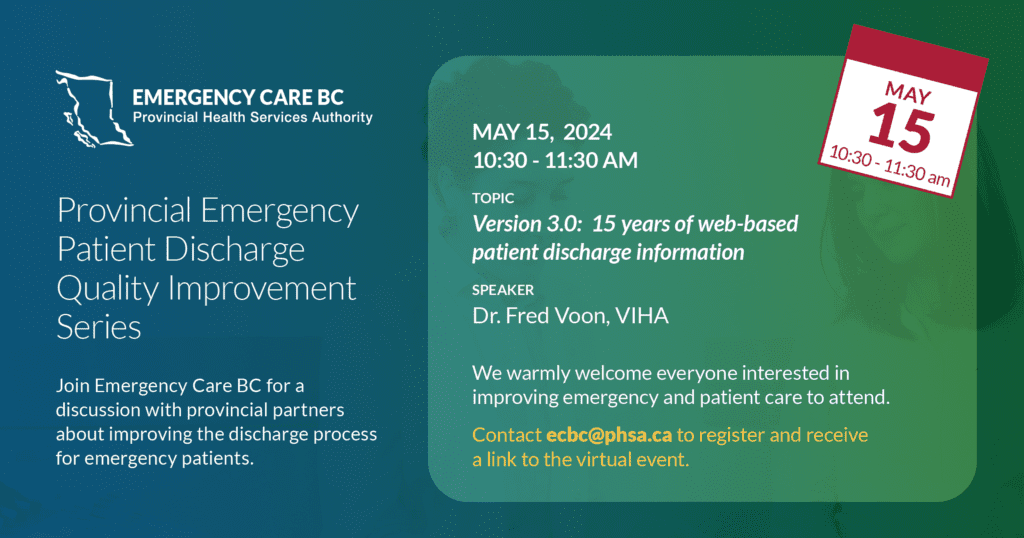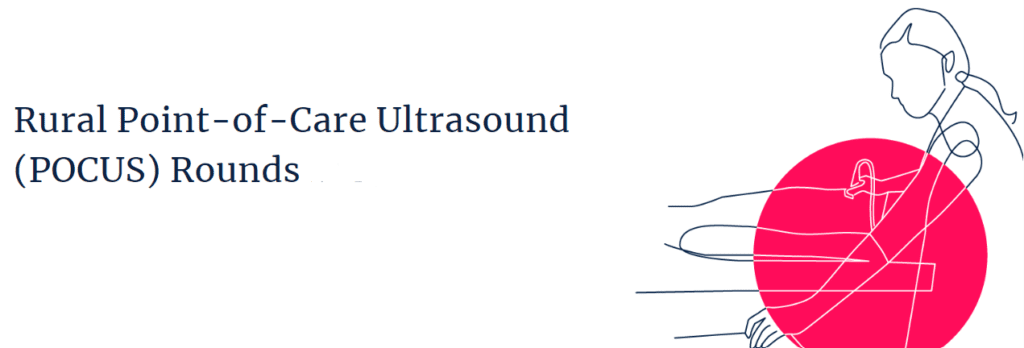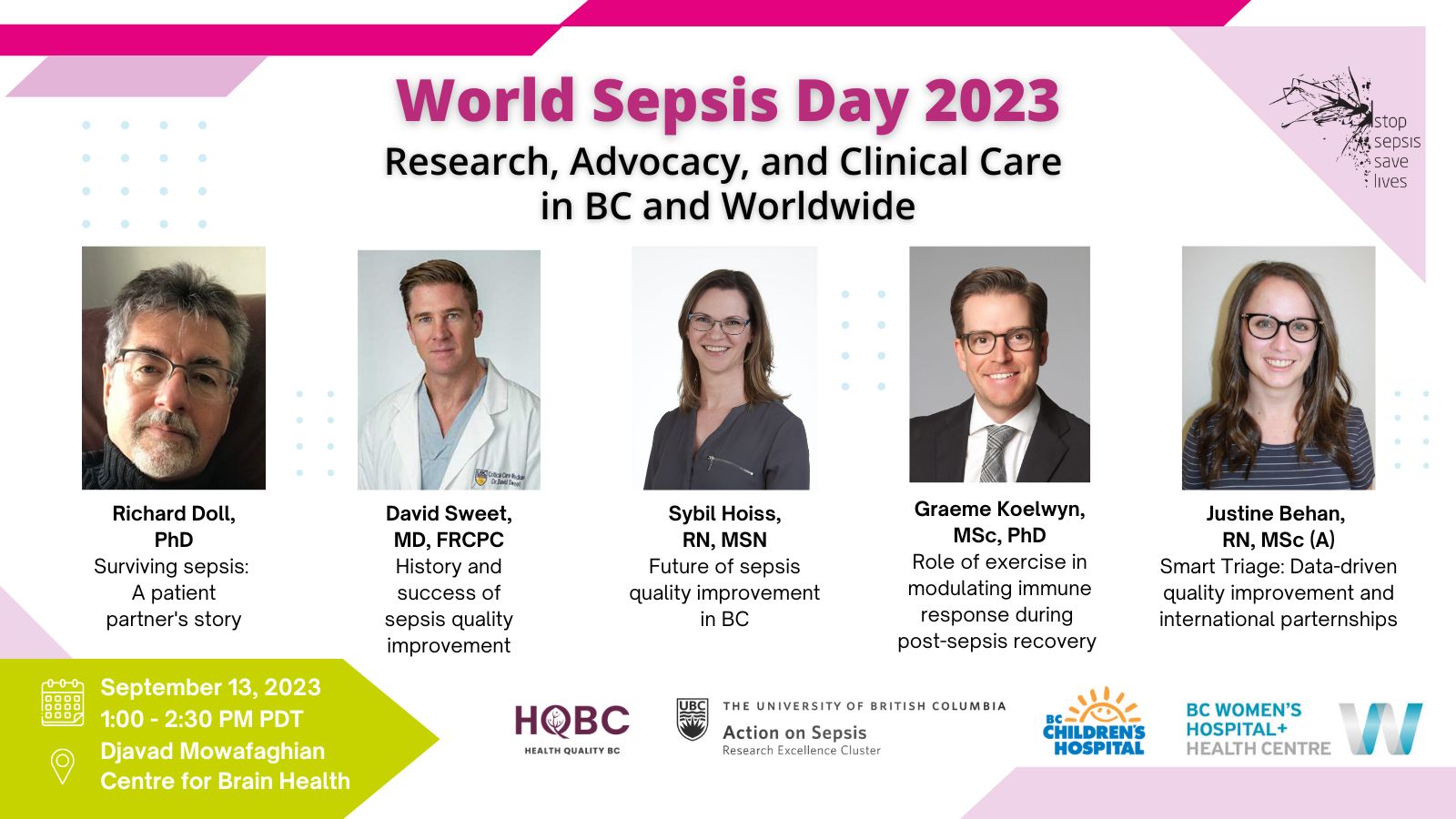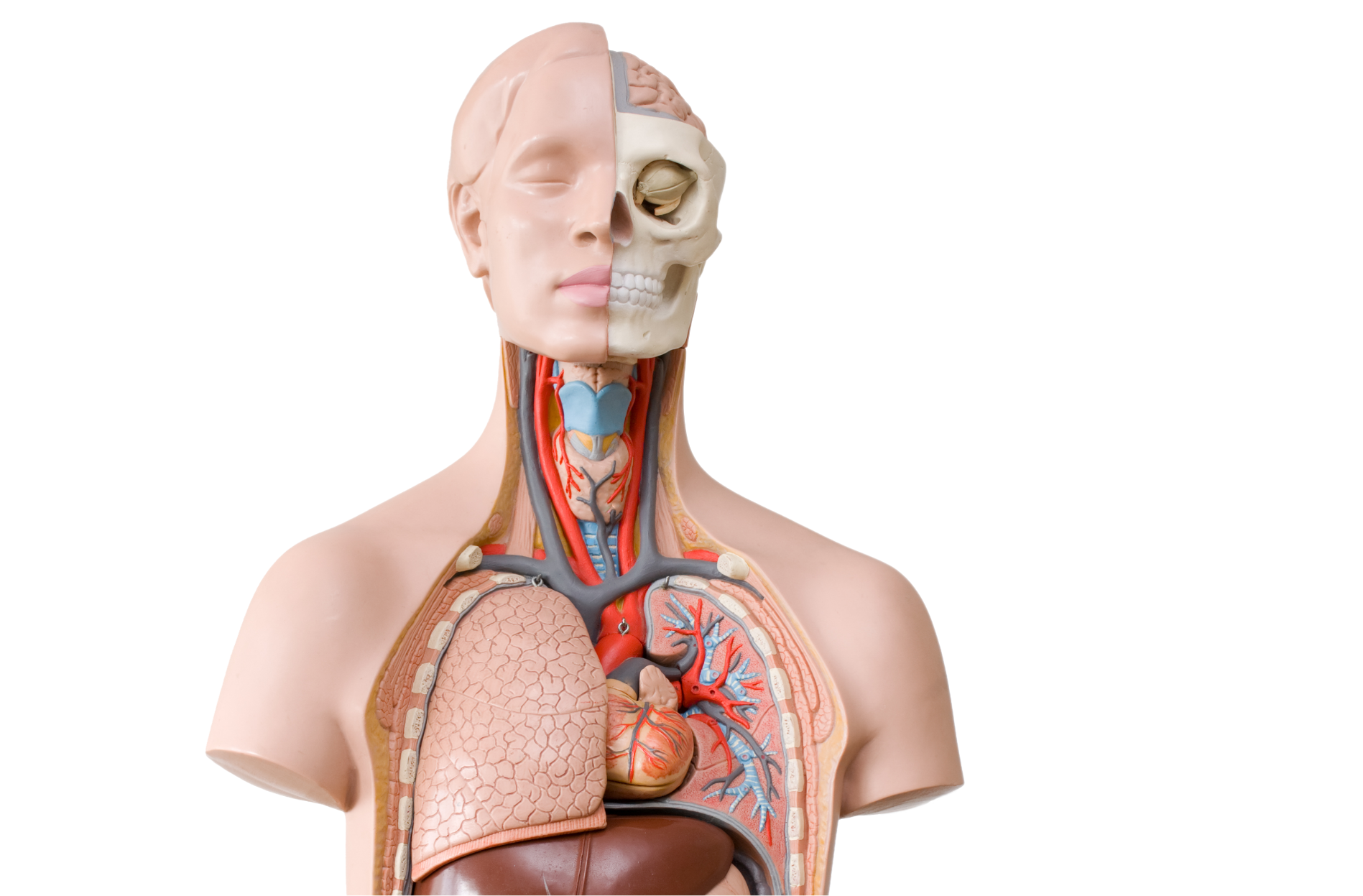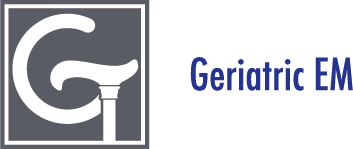
April 25, 2024 | 11:00-1500 ET
Clinical care of older adults remains challenging in all Emergency Departments (ED). However, the needs of older adults can be complex and specific training is often lacking. This course will address core clinical Geriatric EM content and give tips and tools to facilitate management of complex geriatric patients in the ED. The learner will benefit from knowledge and experiences about common geriatric presentations in the ED and will gain confidence in managing them. The course is intended for ED clinicians, both MDs and advanced practice providers (NPs, PAs).
Participants in this course will be better informed, better equipped, and more comfortable as clinicians in managing the challenging presentations of older ED patients.
Learning Objectives
- Describe the main geriatric syndromes that have an impact on the clinical management of older adults in the emergency department
- Problem-solve complex clinical situations involving older adults that are commonly seen in the emergency department
- Analyze their own clinical behavior and attitudes in care of older ED patients in light of new evidence










